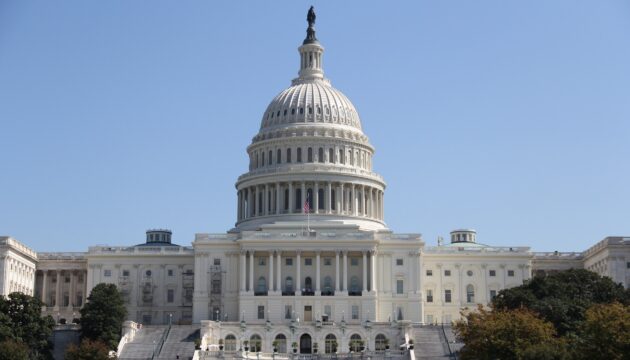Hospitals and Health Systems
Our work in Hospitals and Health Systems
-
Reverse Reference Pricing: Rewarding Patients For Reducing Medicare Costs
Neeraj Sood and Christopher Whaley write that it is time for Medicare to apply the lessons learned by private insurers to incentivize price shopping by patients.
Categorized in -
Comments on the Lower Health Care Costs Act of 2019
Experts from the USC-Brookings Schaeffer Initiative on Health Policy provide comments on the Senate HELP committee’s latest bipartisan attempt to lower healthcare costs.
Categorized in -
How Does Option Value Affect the Potential Cost-Effectiveness of a Treatment? The Case of Ipilimumab for Metastatic Melanoma
Innovations that extend life can generate option value and cost of experiencing future technologies. Schaeffer postdoc Meng Li developed generalizable approaches to estimating option value in cost-effectiveness analysis.
Categorized in -
Comments on the No Surprises Act
USC-Brookings Schaeffer Initiative experts provide comments on the House Energy and Commerce Committee’s recently proposed legislation to address surprise medical billing.
Categorized in -
Allocating Outreach Resources for Disease Control in a Dynamic Population with Information Spread
Infected individuals must be aware of disease symptoms to seek care, so outreach and education programs are critical to disease control.
Categorized in -
Padula Receives ISPOR Honor for Research on Pressure Injury Prevention
William Padula was honored at the Annual ISPOR Awards Program with the 2019 Award for Excellence in Application of Health Economics and Outcomes Research.
-
Do Health Insurance and Hospital Market Concentration Influence Hospital Patients’ Experience of Care?
The findings from this study add to the evidence on the harms of hospital consolidation but suggest that insurer consolidation may improve patient experience.
Categorized in -
Analyzing the House E&C Committee’s Bipartisan Surprise Out-Of-Network Billing Proposal
The Energy and Commerce draft would eliminate surprise out-of-network billing for both emergency and non-emergency services (with the notable exception of ambulance services) and across different sites of care (e.g., hospitals, ambulatory surgery centers (ASCs), freestanding emergency departments).
Categorized in -
The Relationship Between Network Adequacy and Surprise Billing
As policymakers look to address surprise out-of-network billing, network adequacy regulation is raised as a potential solution. Researchers from the USC-Brookings Schaeffer Initiative argue the network adequacy framework is poorly suited to solving this problem.
Categorized in -
Digital Waste? Unintended Consequences of Health Information Technology
Abstract We exploit a large-scale natural experiment – the rollout of a nationwide electronic prescribing system in Finland – to study how digitization of prescriptions affects pharmaceutical use and health outcomes. We use comprehensive administrative data from patients treated with benzodiazepines, which are globally popular, effective but addictive psychotropic medications. We find no impact on […]
Categorized in







